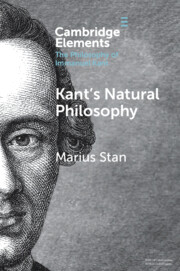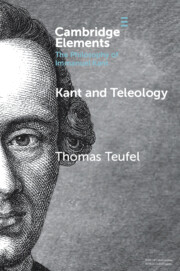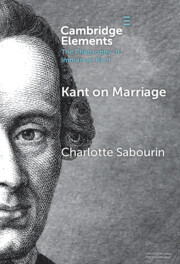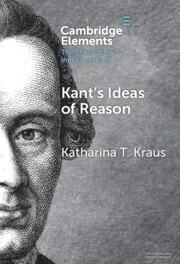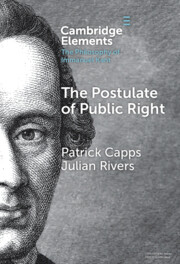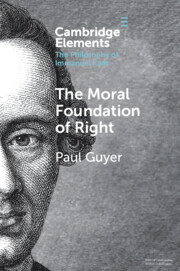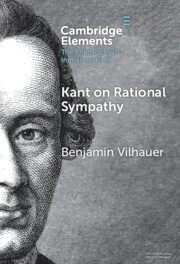This Cambridge Elements series provides an extensive overview of Kant's philosophy and its impact upon philosophy and philosophers. Distinguished Kant specialists will provide an up to date summary of the results of current research in their fields and give their own take on what they believe are the most significant debates influencing research, drawing original conclusions.
Overview of the series
The value of ever-renewed engagement with Kant’s thought lies in the depth and rigor with which he addresses many of the perennial problems of philosophy itself. How should we, as thinking, moral, political, aesthetic beings, conceive of our relation to each other and to the world presented to us by the exact sciences—in particular, by modern mathematical physics? What, if any, are our moral obligations as beings among others in such a world? What kind of political associations should we form, and what is the best we can hope for in this world given the creatures we are? Kant’s remarkable efforts to address a wide range of foundational philosophical questions in metaphysics, ethics, politics and aesthetics remain absolutely seminal. Recent scholarship has made important advances in understanding some of his most difficult arguments and insights. It is reasonable to think that effective communication of these advances will contribute to philosophical research going forward.
The contributions to this series will aim at two principal objectives. First they will furnish an accessible guide to the main issues raised by the aspect of Kant’s philosophy they have chosen to discuss (an up to date summary of the results of key research in the field); secondly each author will be encouraged to present their own distinctive view of the main questions raised and to draw original conclusions. Kant’s mature system of philosophy neatly divided into three constituent major works, and this will provide a framework for the series. The Critique of Pure Reason necessarily presents a central focus for the series with its concentration on key metaphysical and epistemological issues. The Critique of Practical Reason, the second work in Kant’s critical trilogy, draws attention to the centrality of moral concerns and the Critique of the Power of Judgment, intended by Kant as the bridge between the natural and moral world, brings out the comprehensive quality of his philosophy.
Because of the integrated nature of Kant’s own writings the various contributions to the series will merge into an up to date, rounded view of the importance of Kant’s contribution to philosophy and his continued relevance today.
